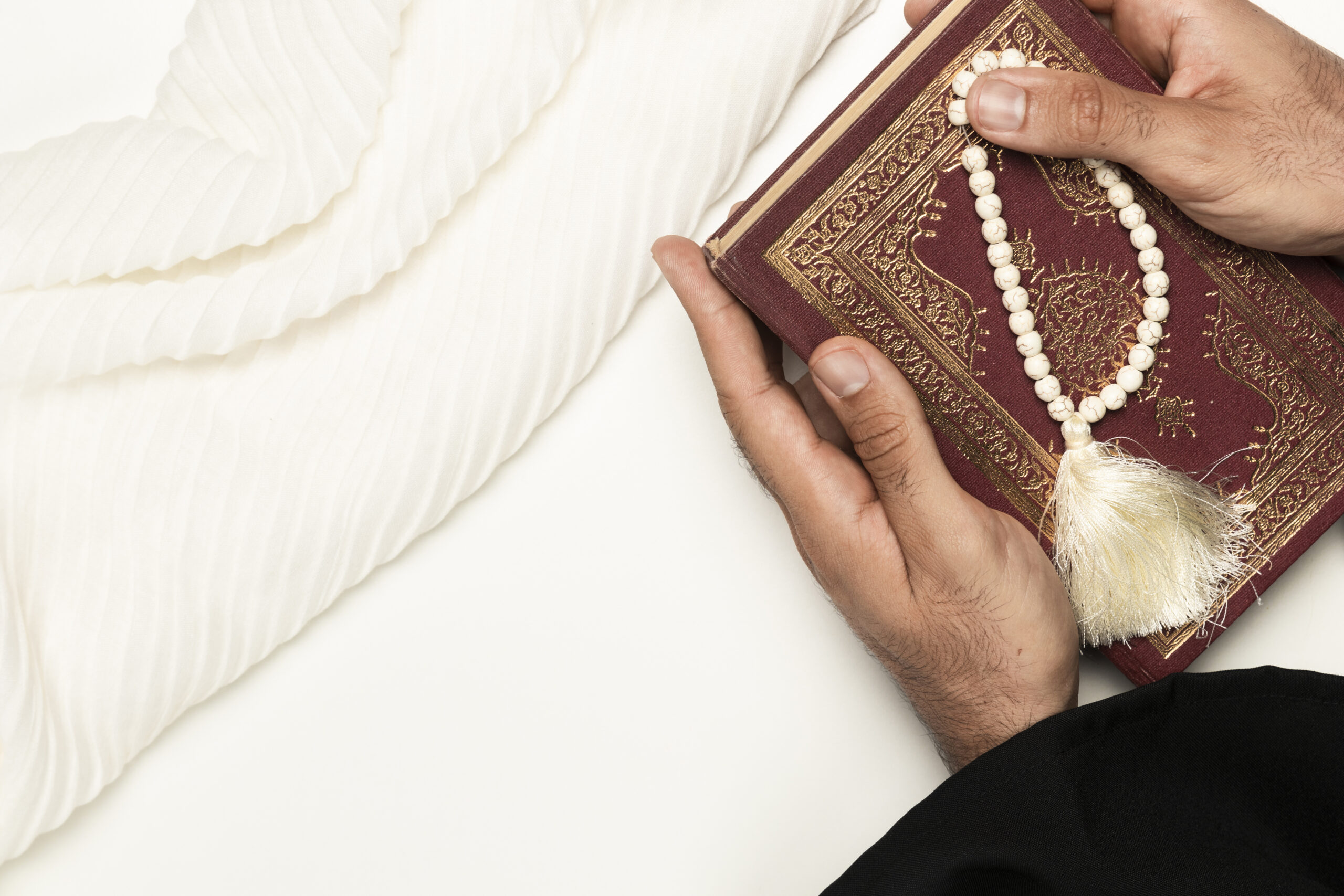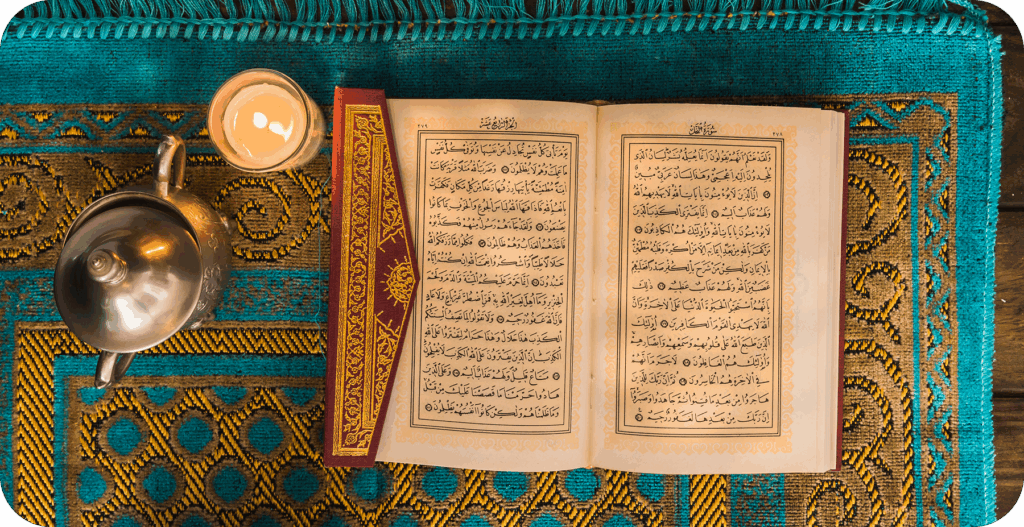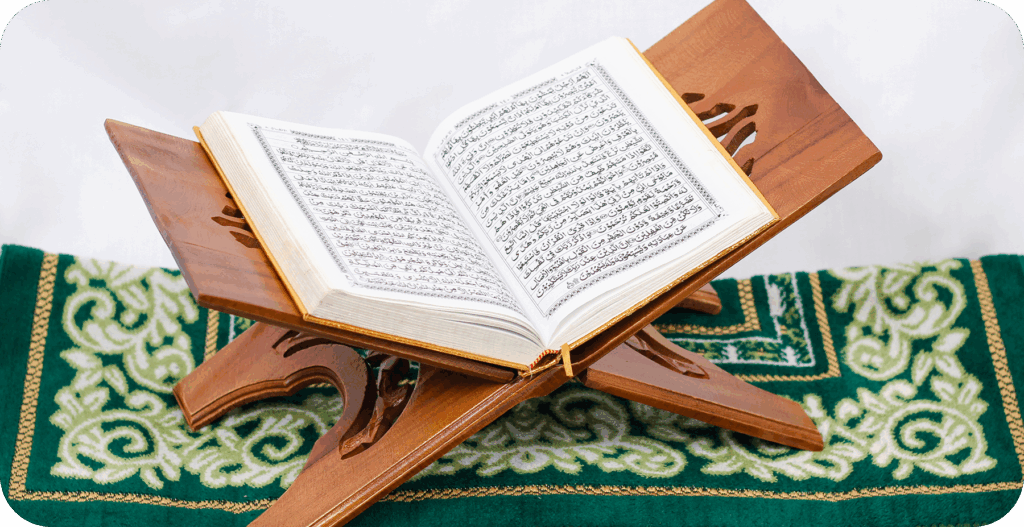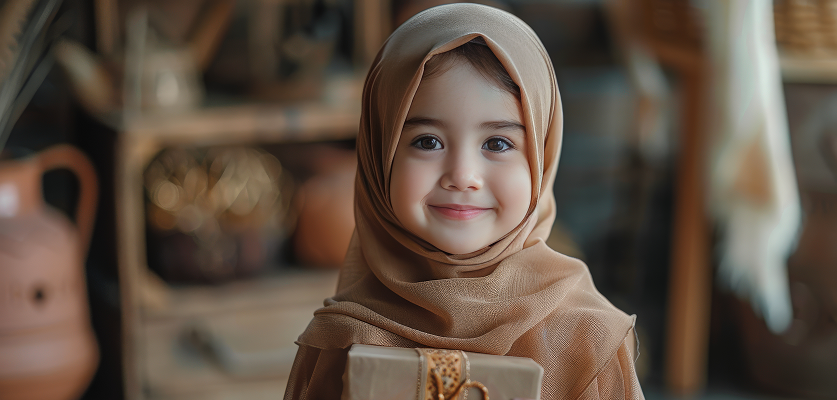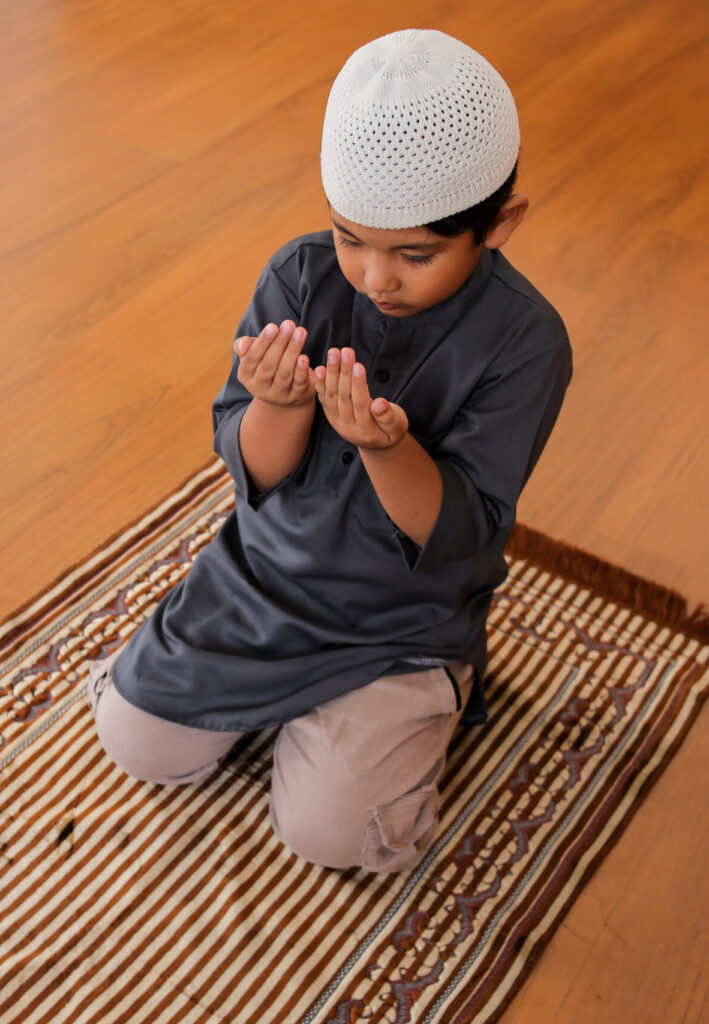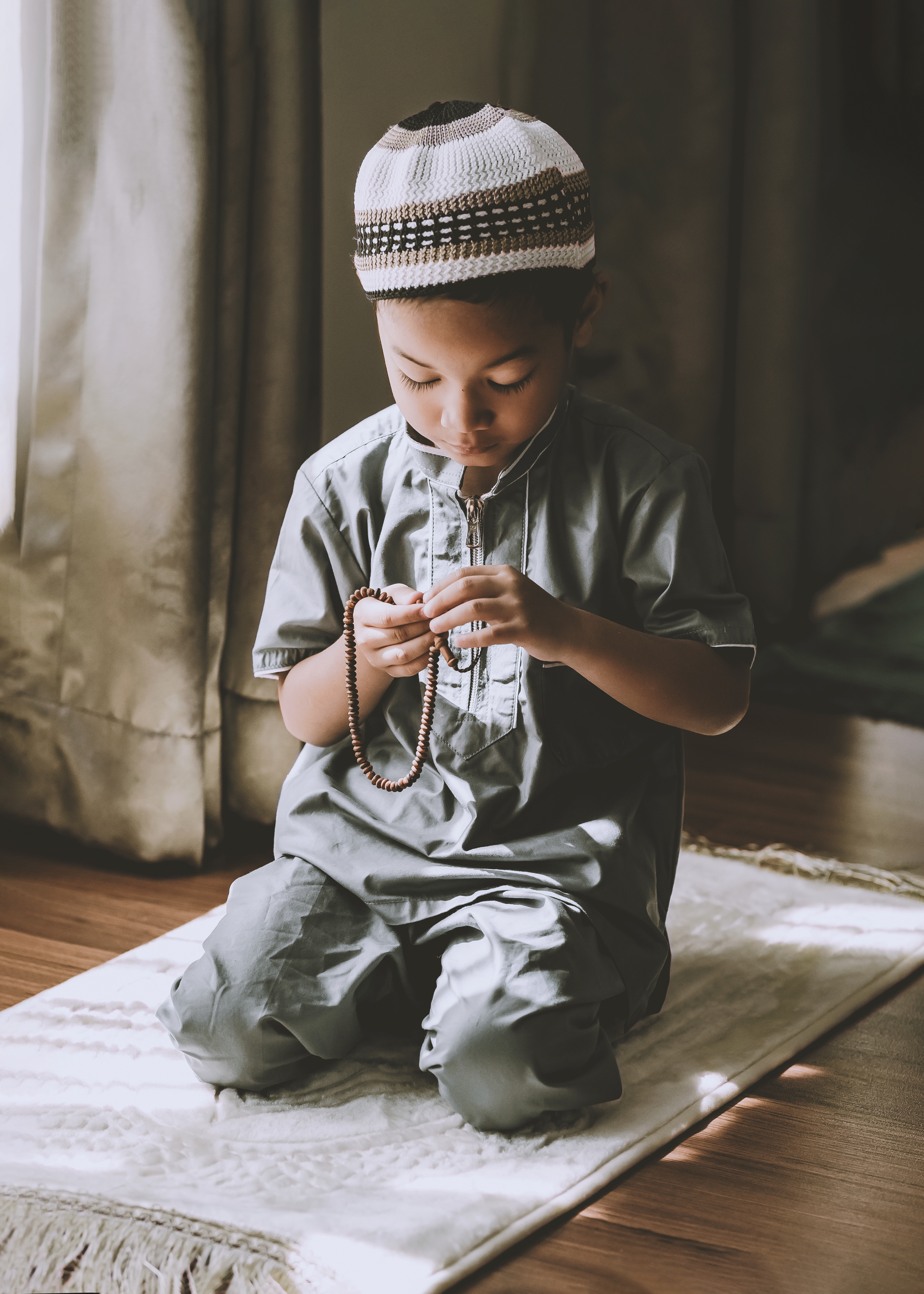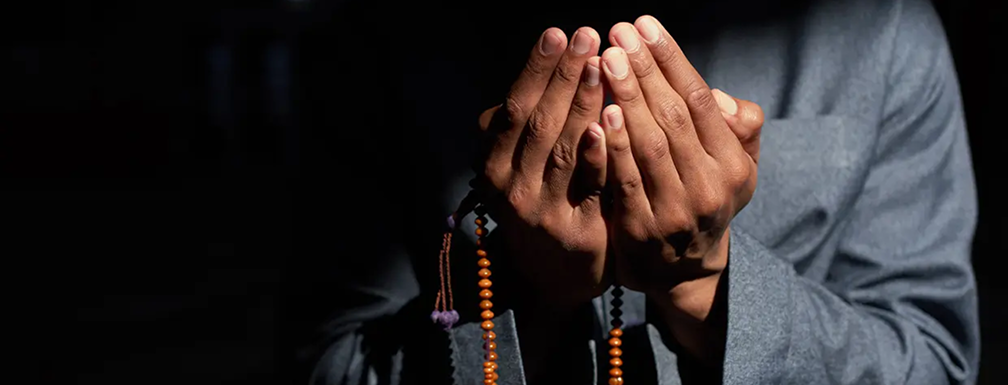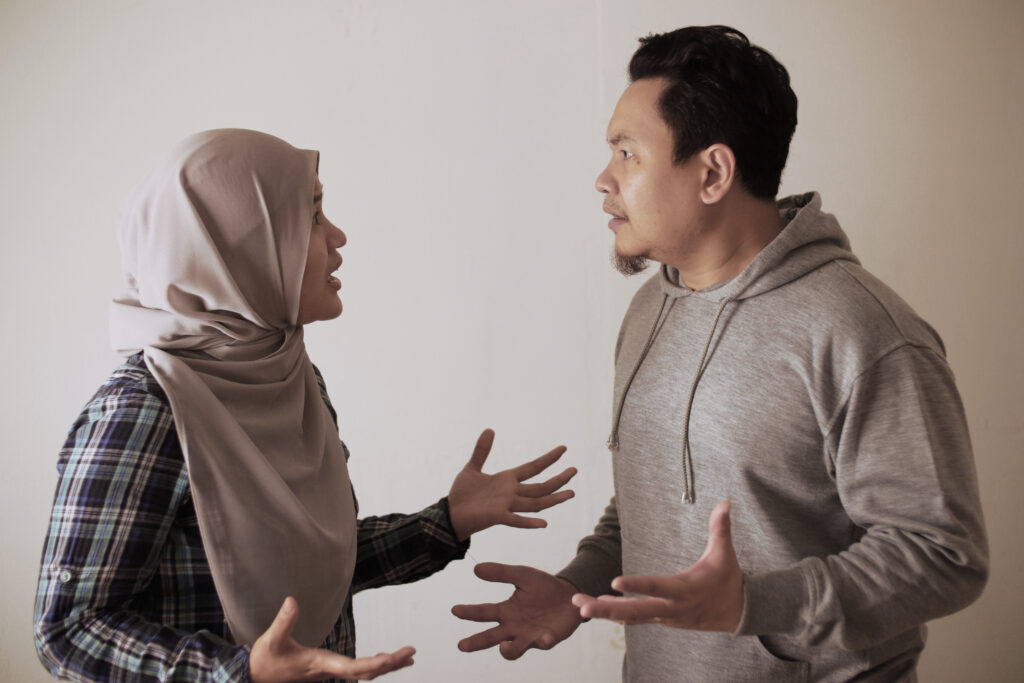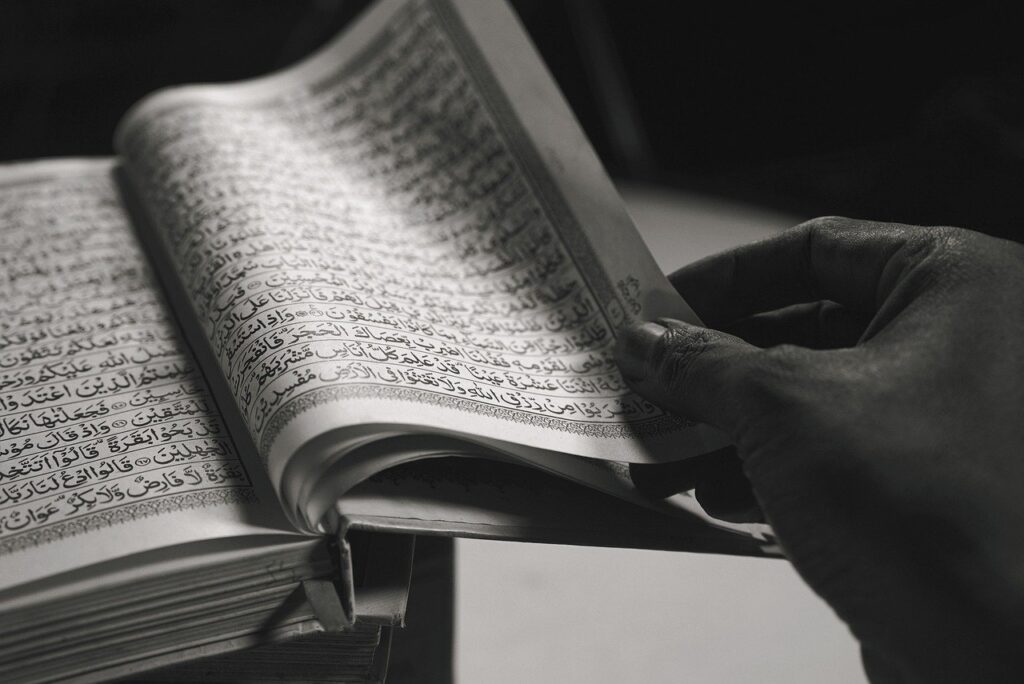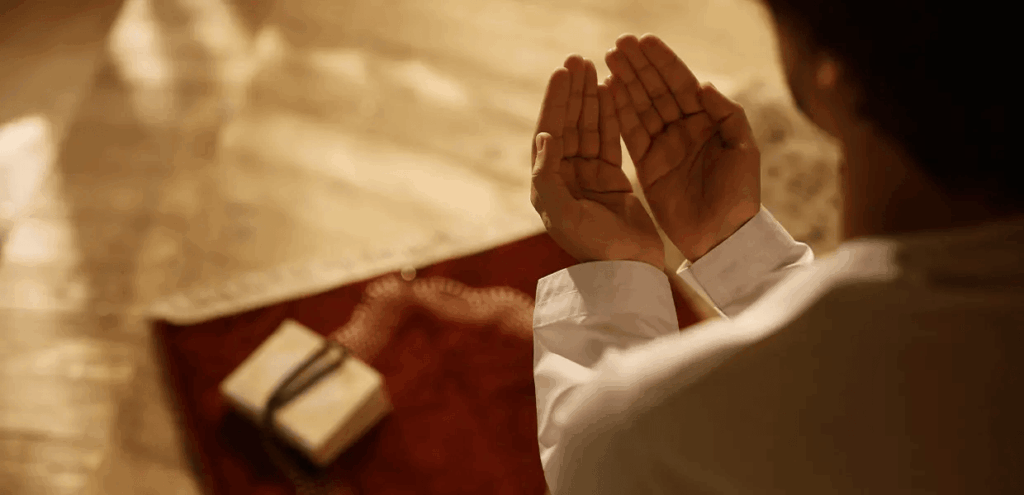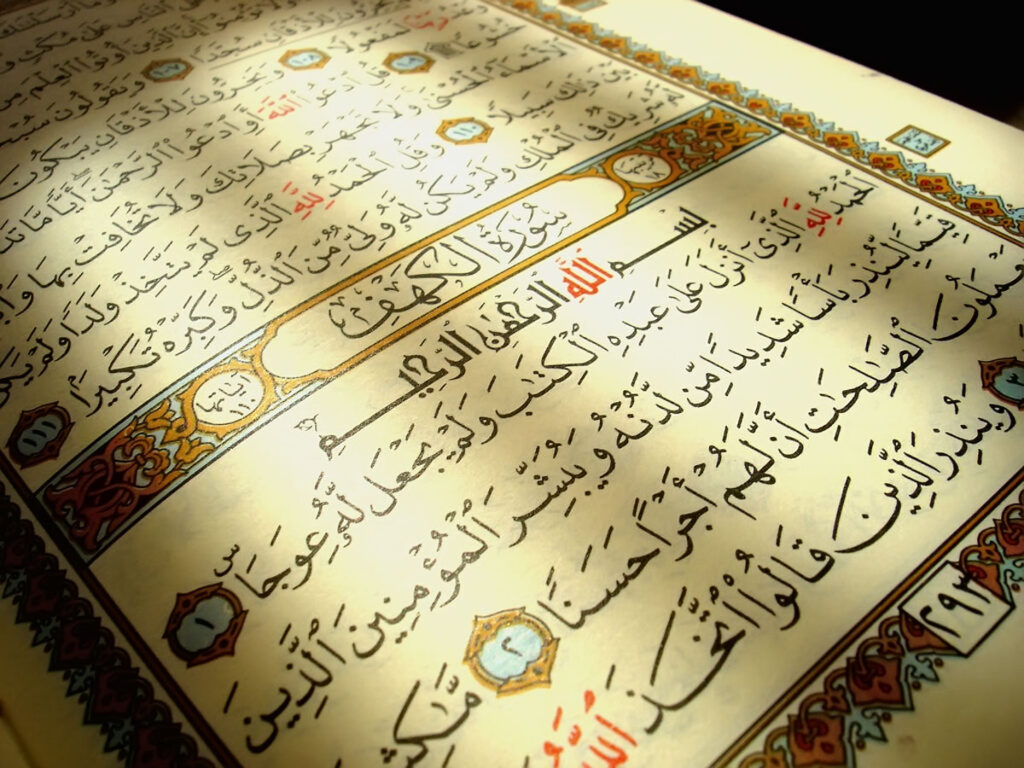In Islam, spiritual healing is not a new concept. For centuries, Muslims have turned to Ruqyah in Islam, the practice of reciting Qur’anic verses and authentic duʿa to seek protection, healing, and peace. Unlike superstition or harmful practices, ruqyah is deeply rooted in the Qur’an and Sunnah, making it a legitimate and powerful form of Islamic healing.
This article will also address common misconceptions that people often hold, helping to distinguish authentic Islamic spiritual healing from mere cultural superstition. Ultimately, it aims to guide Muslims in strengthening their reliance on Allah and seeking protection and healing through Shariah-compliant and spiritually uplifting means. In the following sections, we will explore the meaning of ruqyah, present its evidence from the Qur’an and Hadith, explain the correct way to perform it, highlight its benefits, and clarify the misconceptions surrounding it.
What is Ruqyah in Islam?
Definition: Ruqyah (الرُّقْيَة) refers to reciting Qur’an, supplications, or names of Allah over someone to seek a cure and protection.
Purpose: It protects against::
- The evil eye (al-‘ayn)
- Black magic (sihr)
- Jinn disturbances
- Physical, emotional, or spiritual illness
Key Verse:
“We send down the Quran as a healing and mercy for the believers, but it only increases the wrongdoers in loss.”
(Qur’an 17:82)
This verse highlights that the Qur’an is a source of healing—not only for the body but also for the heart and soul.
Evidence of Ruqyah in Islam from the Sunnah
1. The Prophet ﷺ Encouraged Ruqyah:
Narrated `Aisha:
“Whenever Allah’s Messenger (ﷺ) became sick, he would recite Mu’awwidhat (Surat Al-Falaq and Surat An-Nas) and then blow his breath over his body. When he became seriously ill, I used to recite (these two Suras) and rub his hands over his body hoping for its blessings.”
(Sahih al-Bukhari 5016)
This demonstrates that the Prophet ﷺ himself employed ruqyah, thereby proving it is a Sunnah and not an innovation.
2. Ruqyah is Not Shirk When Done Correctly:
‘Auf b. Malik Ashja’i reported:
“We practised incantation in the pre-Islamic days and we said: Allah’s Messenger, what is your opinion about it? He said: Let me know your invocation and said: There is no harm in the invocation as long as there is no polytheism in it.”
(Sahih Muslim 2200)
This hadith clarifies that ruqyah shariah is permissible, while ruqyah involving shirk—calling upon anyone other than Allah, is forbidden.
3. Healing with Surah Al-Fatiha:
Narrated Abu Sa`id Al-Khudri:
Some of the companions of the Prophet (ﷺ) came across a tribe … One of them started reciting Surat-al-Fatiha and gathering his saliva and spitting it (at the snake-bite). The patient got cured … When they asked the Prophet ﷺ, he smiled and said, “How do you know that Surat-al-Fatiha is a Ruqya? Take it (flock of sheep) and assign a share for me.”
(Sahih Bukhari 5736, Sahih Muslim 2201)
This authentic narration proves that Surah Al-Fatiha is a powerful healing chapter in the Qur’an.
Types of Ruqyah in Islam
Ruqyah Shariah (Permissible):
- Uses Qur’anic verses (Surah Fatiha, Ayat-ul-Kursi, Surah Ikhlas, Surah Falaq, Surah Nas).
- Includes authentic duas taught by the Prophet ﷺ.
- Recited with sincerity, without shirk or dependence on other than Allah.
Ruqyah Shirk (Forbidden):
- Involves calling upon jinn, spirits, or names other than Allah.
- Instead, charms, talismans, or rituals with no basis in the Qur’an or Sunnah are often included.
- Strictly prohibited and considered a form of shirk.
How to Perform Ruqyah in Islam (Step-by-Step Guide)
- Intention (Niyyah): It is begun with the belief that healing comes from Allah alone.
- Recite Qur’an and Duas:
- Surah Al-Fatiha (7 times)
- Ayat-ul-Kursi (Surah Al-Baqarah 2:255)
- Surah Ikhlas, Surah Falaq, Surah Nas (3 times each)
- Blow Gently: After reciting, gently blow on your hands and wipe them over the body.
- Consistency: Ruqyah should be repeated regularly, especially morning and evening.
- Supplication (Dua):
Narrated Abdul Aziz:
Thabit and I went to Anas bin Malik. Thabit said, “O Abu Hamza! I am sick.” On that Anas said, “Shall I treat you with the Ruqya of Allah’s Messenger (ﷺ)?” Thabit said, “Yes,” Anas recited:
“O Allah! The Lord of the people, the Remover of trouble! (Please) cure (Heal) (this patient), for You are the Healer. None brings about healing but You; a healing that will leave behind no ailment.”
(Sahih Bukhari 5742, Sahih Muslim 2191)
Common Misconceptions About Ruqyah in Islam
Ruqyah is not a form of magic or superstition — it is firmly rooted in the Qur’an and Sunnah. Many Muslims seek it as protection from the evil eye, black magic, and jinn disturbances, but it is equally beneficial for peace of heart and spiritual strength. Importantly, ruqyah should never be commercialized or turned into exploitation. Islam also encourages believers to combine ruqyah with proper medical treatment, ensuring a balanced approach to healing.
For further scholarly guidance, you can read this fatwa on ruqyah, which explains its correct practice according to Shariah.
Benefits of Ruqyah in Islam for Healing and Protection
- In addition, Muslims seek protection from the evil eye, envy, and black magic.
- Furthermore, Muslims seek healing for emotional distress, anxiety, and spiritual weakness.
- Peace of heart through connection with Allah.
- Strengthening faith and reliance on Qur’an & Sunnah.
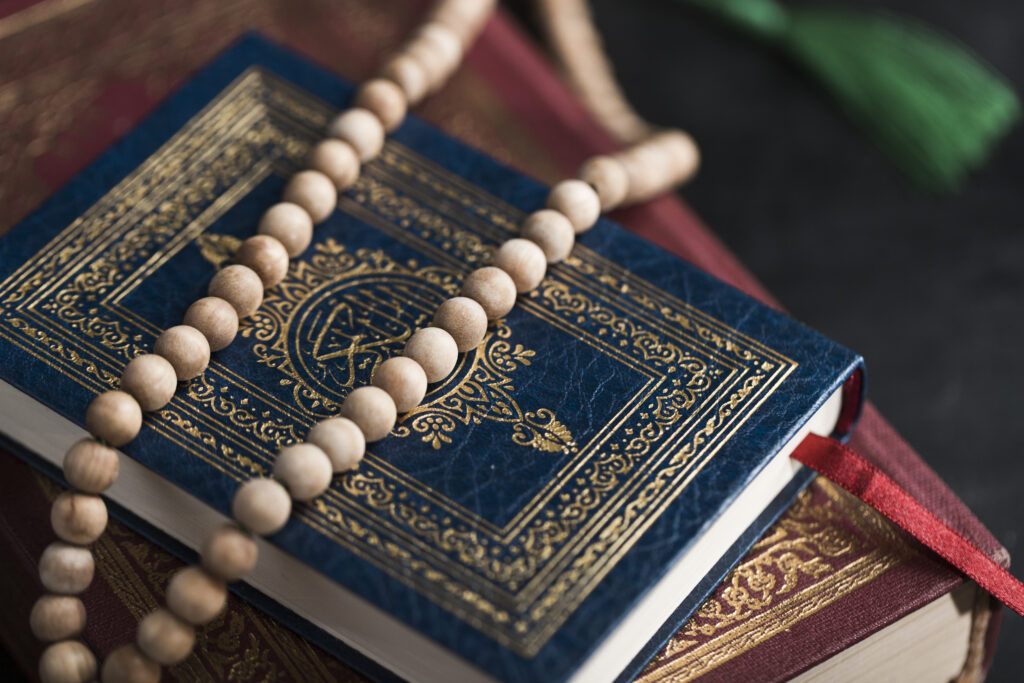
FAQ on Ruqyah
Q1: Does Islam allow Muslims to perform ruqyah?
Yes, Islam allows and encourages Muslims to perform ruqyah according to the Qur’an and Sunnah, as long as they avoid shirk.
Q2: Which Surahs do Muslims recite in ruqyah?
Moreover, Muslims frequently recite Surah Al-Fatiha, Ayat-ul-Kursi, Surah Ikhlas, Surah Falaq, and Surah Nas.
Q3: Can Ruqyah replace medicine?
No. Ruqyah is a spiritual cure, but Islam encourages believers to also seek medical treatment.
Q4: Can ruqyah protect against jinn and black magic?
Yes. Ruqyah shariah protects against harmful spiritual forces such as jinn and sihr (black magic).
Conclusion
Indeed, ruqyah in Islam serves as a beautiful reminder that true healing comes only from Allah. Through the Qur’an, duas, and Sunnah practices, Muslims seek protection from harm, find relief from illness, and experience inner peace. However, believers must avoid superstition and fraudulent practices. Muslims should always perform ruqyah according to Shariah and rely completely on Allah’s mercy.
“And He ˹alone˺ heals me when I am sick.”
(Qur’an 26:80)
For Muslims seeking authentic guidance and real-life references on spiritual healing, turning to trusted sources is essential. When exploring rohani wazaif, Qur’anic duas, and Islamic spiritual practices, it is important to ensure they are firmly rooted in the Qur’an and Sunnah. Roohani Ilaj Center’s Rohani Wazaif page serves as a reliable resource for this purpose. The platform provides Shariah-compliant knowledge that helps Muslims strengthen their connection with Allah. By following such authentic guidance, believers can protect themselves from negative influences such as the evil eye, black magic, and disturbances caused by jinn. Relying on trustworthy sources makes spiritual healing both meaningful and beneficial in a Muslim’s life.

